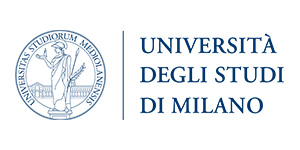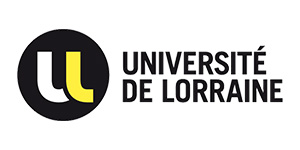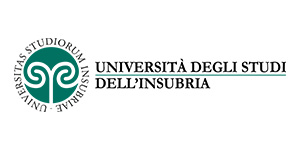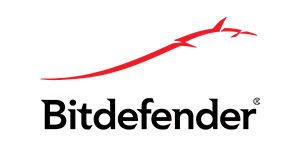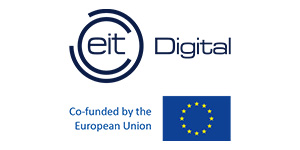In light of increasing cybersecurity attacks causing havoc and considerable damage across all sectors in Europe and globally, there is a massive jump in demand for cybersecurity professionals.
Cybersecurity Consultants that are up-to-speed with different aspects of cybersecurity and technological threats and also conversant about the economics behind cybersecurity activities are today a vital resource in every company. Becoming a Cybersecurity Consultant course and the Cybersecurity Consultant Certification – C3 by CONCORDIA Certification scheme address these needs. They spring from the CONCORDIA EU-funded project and were developed by a group of partners* led by EIT Digital.
The Course
The course Becoming a Cybersecurity Consultant is organised in two subsequent modules:
-
A self-paced online module hosted on the COURSERA platform, including 9 hours of videos introducing theoretical concepts on cybersecurity threats, technology, and economics, followed by quizzes.
- A 3 half-day live module (face-to-face/webinar) built around a set of practical hands-on exercises. Participation in this module is conditioned by attendance to the online module and a minimum overall pass mark of 70% of the quizzes.
Participation in the course is strongly recommended for professionals intending to apply for the C3 by CONCORDIA Certification exam.
What you will gain
Cybersecurity Consultants perform various tasks within an organisation, no matter the industry they are active in. Within the CONCORDIA project, based on desk research followed by a market validation, we have identified a set of Knowledge and Skills a Cybersecurity Consultant should have, which set the background of the course curriculum and underlines 3 main learning objectives:
- Threats – Get updated on the existing and emerging cybersecurity threats, the assets possible to be impacted, and the latest models of attacks.
- Technology – Become knowledgeable about specific technological threats, and learn how to anticipate and prevent them.
- Economics – Understand the economics behind cybersecurity activities within your organisation. Learn about risk management and information security to protect the corporate reputation and preserve customer loyalty.
Your transformation
Upon attending the course, the participant will be ready to provide advisory and technical expertise to help their organisation design, implement, maintain and improve their cybersecurity controls and operations.
Is this course for me?
The Course Becoming a Cybersecurity Consultant helps professionals acquire a set of knowledge and skills related to the Cybersecurity Consultant role profile. As such, it is suitable for those planning to develop a career in cybersecurity or looking to have a better understanding of the domain, including middle managers and executives operating in the European market.
The Course is strongly recommended to those interested in having specific knowledge and skills validated via the C3 by CONCORDIA Certificate.
The Certificate
The C3 by CONCORDIA Certification was specifically designed to test a set of knowledge and skills a Cybersecurity Consultant should have, as described in the COURSE part above.
The Certification exam is organised into two parts:
- A Theoretical exam hosted on the ISOGRAD platform. The exam is comprised of 50 questions of different difficulty levels, addressing 3 areas: threats, technology, and economics of cybersecurity. The pass mark of the theoretical exam is 70%, with at least 60% per individual area.
- A Practical exam hosted on the KYPO cyber-range platform. Only participants who managed to pass the theoretical exam will be accepted to take the practical exam. The pass mark of the practical exam is 80%.
The candidates can take the exams whenever their agenda suits them, within the pre-defined interval. No prior booking is needed.
Prerequisites
To be accepted to sit the exam, the candidate would need to fulfil the following prerequisites:
- 3 years of practical experience in Cybersecurity (including but not limited to Cybersecurity Consulting and Cybersecurity Management) or a relevant postgraduate academic degree.
- Basic knowledge of data structures and algorithmic principles, regular expressions, database principles, shell scripting, networking principles, tools and architectures, operating systems basics, security controls, mechanisms and practice and risk management theories and methods is required.
The certificate will be issued via the EduCTX blockchain-based platform after the candidate successfully passes both exams and signs the Declaration of Honour. More details on the Certification scheme can be found on the dedicated page.

